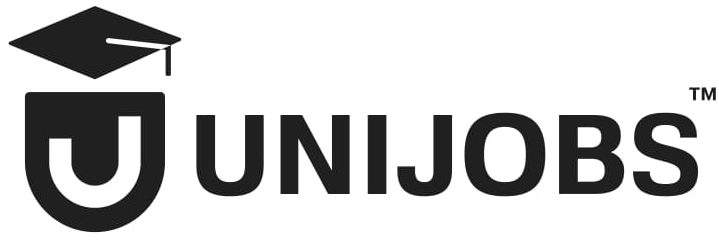
At Unijobs.ac, we recently received this thought-provoking comment from one of our users. They suggested that applying for certain academic positions might be a futile endeavour because recruiters may already have someone in mind or might prioritise hiring people they already know. While these concerns are not uncommon, and we have all at some stage wondered if this was true: to what extent should we believe that university HR departments operate a rigorous and transparent recruitment process to ensure fairness and equal opportunity for all applicants?
Historically, when universities were often spaces for the elite, there may have been instances where nepotism or favouritism influenced hiring decisions in academia. These anecdotes from the past have understandably left a lasting impression on job seekers, leading to scepticism about the transparency of the recruitment process. However, we must recognise that circumstances have changes and academic institutions have made significant steps in implementing policies and procedures to prevent such practices and uphold principles of fairness and meritocracy.
This open, transparent, and fair process has developed over the years and for many reasons, in part it has been influenced by the widening access agenda that has enabled people from all social classes and backgrounds to access education, and due to the diversity required in teaching a range of subjects. Even the Red Brick and Russel Group universities are advancing their processes, but if you look at the faculty make up, it is clear that academics with a certain background are preferred.
That said, equal opportunity policies are fundamental to ensuring that all applicants are given fair consideration based on their qualifications, expertise, and fit for the position. These policies are designed to promote diversity, eliminate discrimination, and create inclusive environments within academic institutions. Recruiters are required to adhere to strict guidelines and protocols to ensure that hiring decisions are made objectively and without bias.
Many universities now adopt anonymous recruitment processes, where your name, address and any equal opportunity monitoring information is removed from the application before it ss seen by a recruitment panel. However, for many academic positions, this is highly difficult to do because your publications will include your name, and in some discipline areas, there are very few people with those specific backgrounds. In addition, if you make it to the interview stage, your name will be disclosed to the panel prior to interview. To ensure your details are anonymous, you can block out your name in a CV or a publication list.
With all that said, it is important for job seekers to approach the academic job application process with confidence and optimism, knowing that their applications will be evaluated based on merit and qualifications. While it’s natural to hold concerns about the competitiveness of certain positions, it’s essential to recognise that equal opportunity policies are in place to level the playing field and ensure that all applicants have an equal chance to succeed. So, trust the process and do not allow assumptions to put you off at the outset.
At Unijobs.ac, we are committed to facilitating a transparent and equitable recruitment process for academic positions. Our platform provides a bridge between job seekers and academic institutions, and while we cannot control the internal hiring practices of individual institutions, we strive to promote best practices and uphold the values of fairness and integrity in the recruitment process.
If you encounter instances where you suspect unfair or discriminatory practices during the application process, we encourage you to reach out to the relevant authorities within the academic institution or regulatory bodies overseeing employment practices. Transparency and accountability are paramount in upholding the integrity of the academic job market, and your feedback can contribute to ongoing efforts to improve recruitment practices and promote fairness for all applicants.
Good luck in your search for a university job.

Share
Facebook
Twitter
LinkedIn
Telegram
Tumblr
WhatsApp
VK
Mail